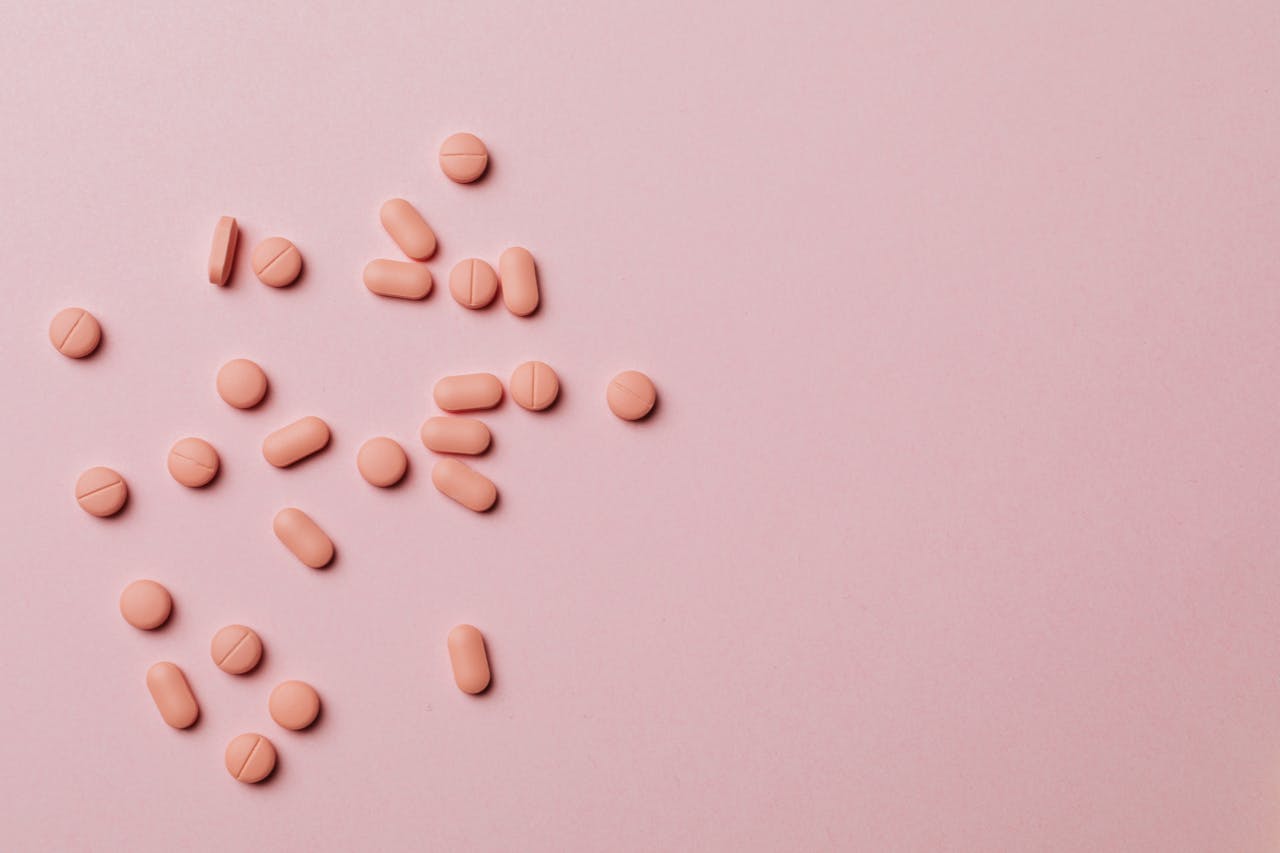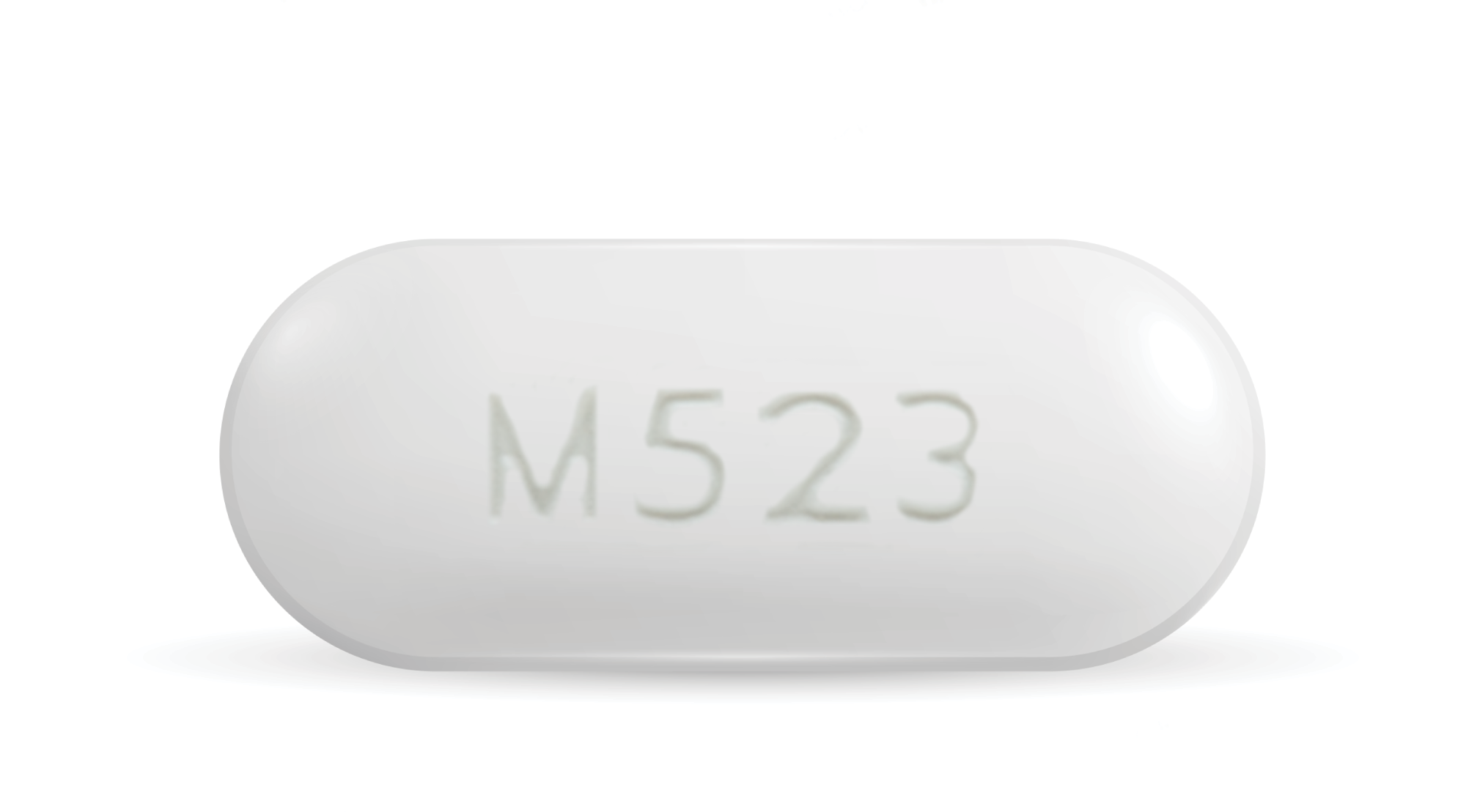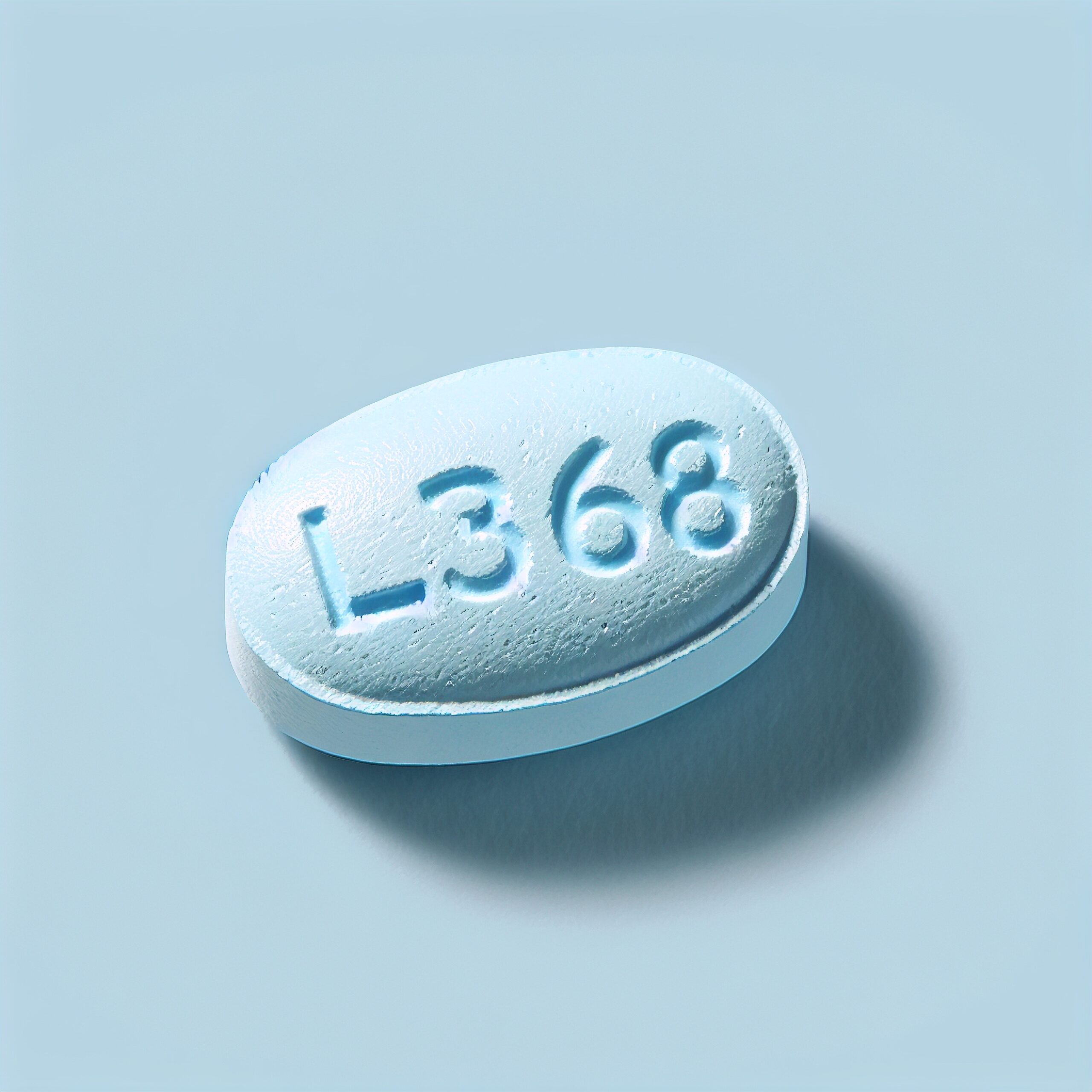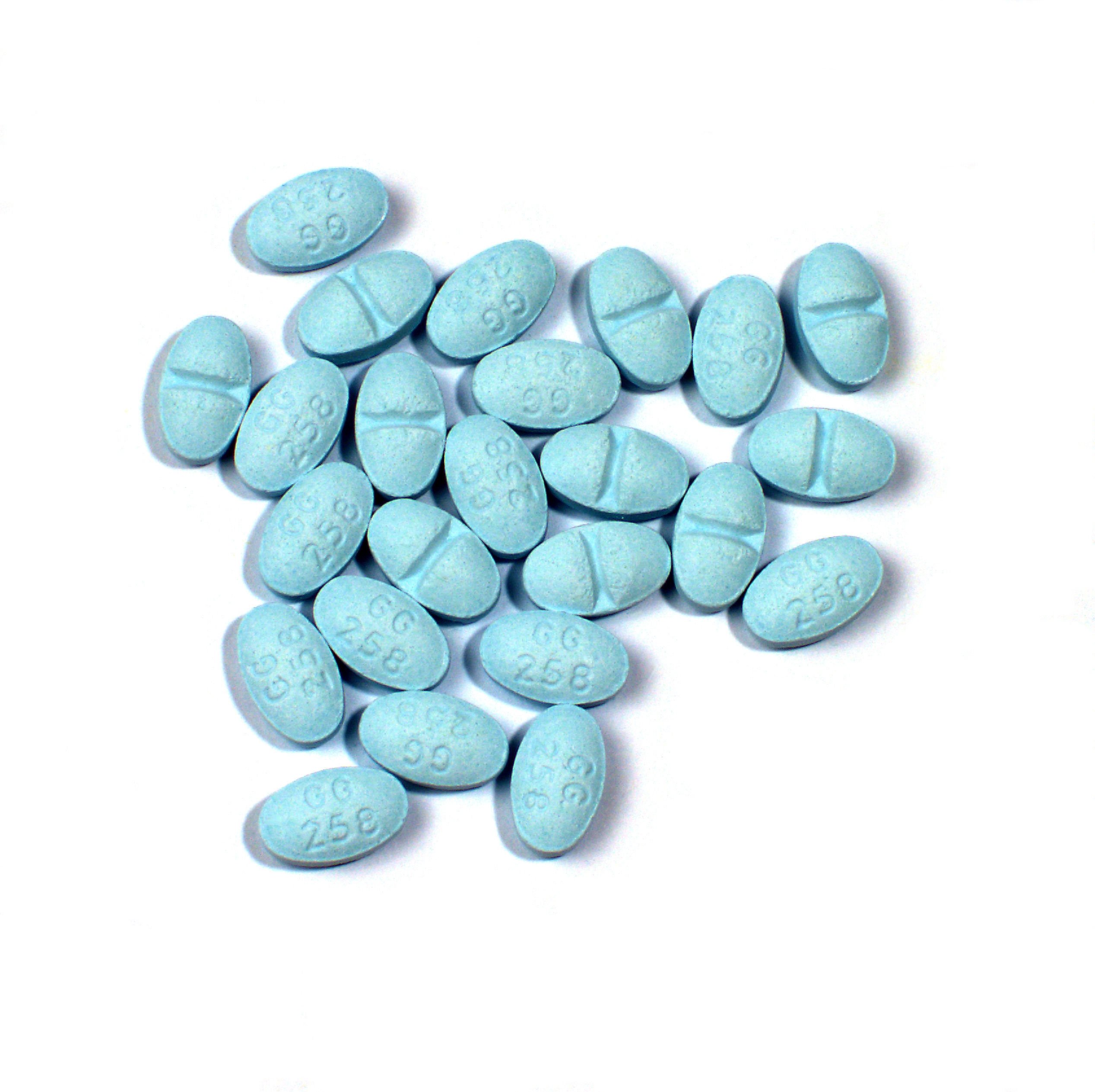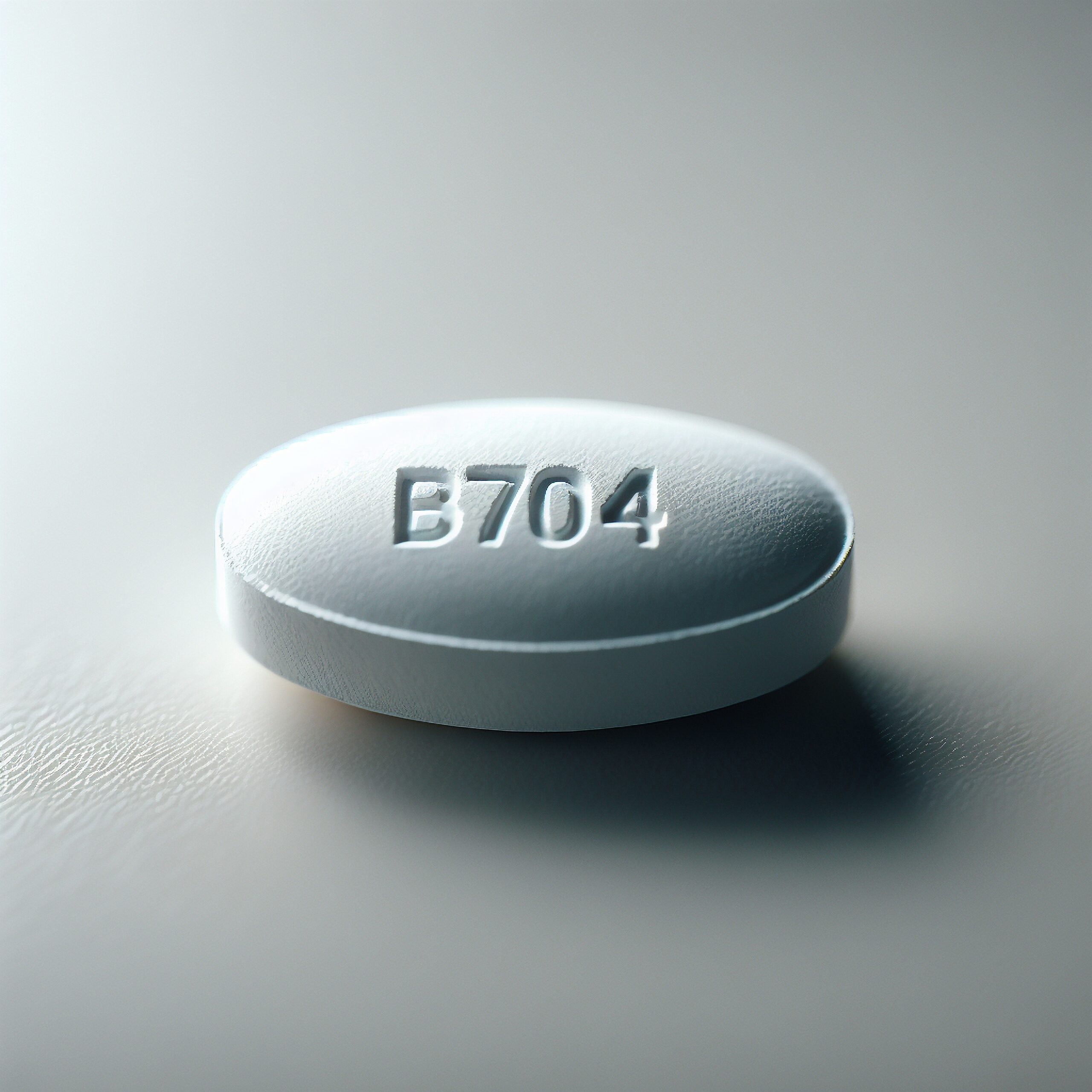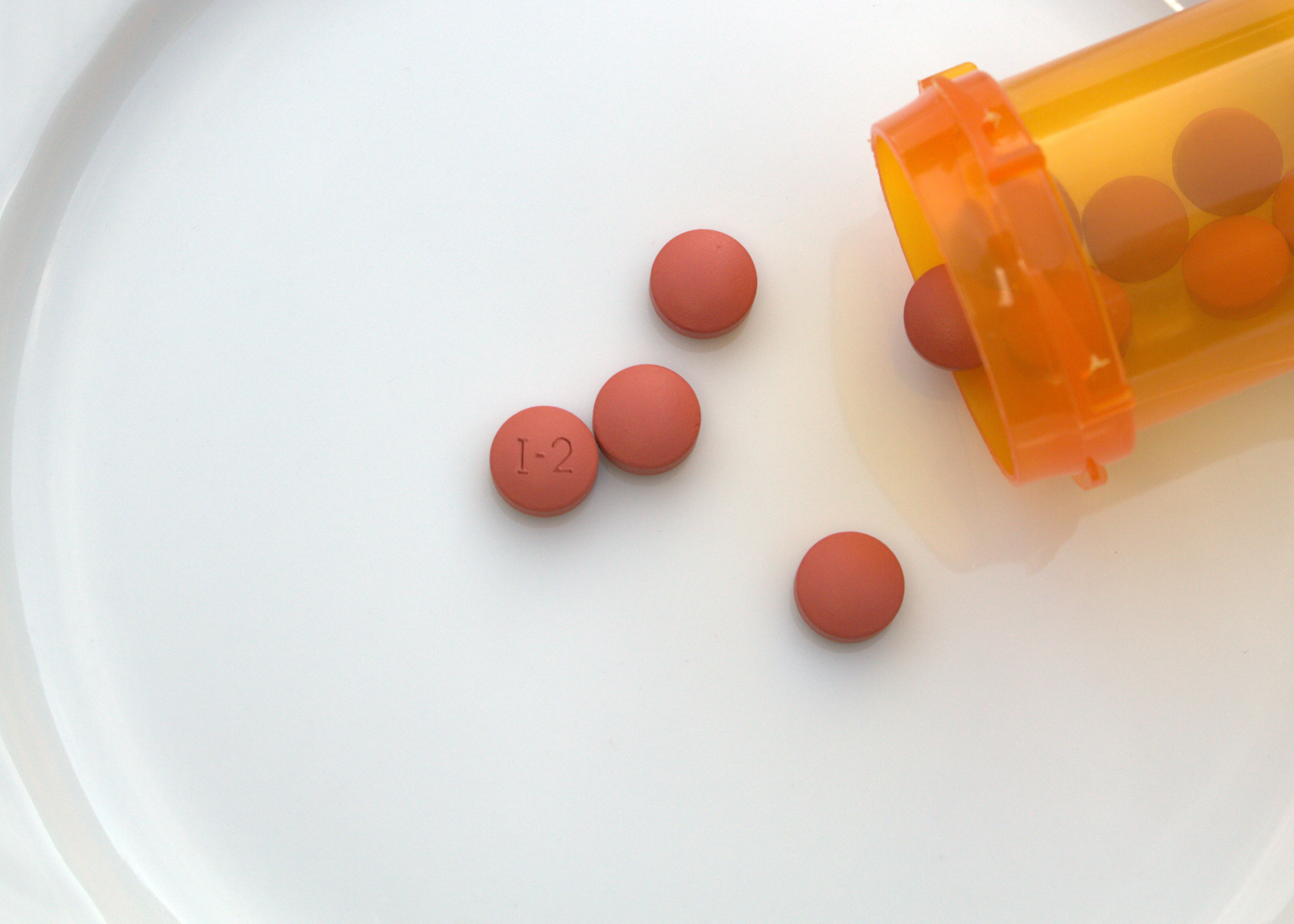This guide clears up the confusion between alcohol dependence vs alcoholism.
- Alcohol dependence means you can’t stop drinking without feeling sick or uncomfortable. People often keep drinking to avoid these withdrawal symptoms.
- Alcoholism is another name for alcohol use disorder. It’s a long-lasting condition where a person feels a strong need to drink alcohol, even when it causes bad things to happen in their life.
Read on to learn how to tell the difference between alcohol dependence and alcoholism. You can also discover how to get effective alcohol addiction treatment.
What Is Alcohol Dependence?
Alcohol dependence is a long-lasting medical condition. It means a person needs to keep drinking to avoid feeling sick or uncomfortable, which are called withdrawal symptoms. When someone is dependent on alcohol, they show some or all of these signs:
- Alcohol tolerance: Needing to drink more alcohol over time to feel the same effects. For example, if you used to feel good after three drinks, now you might need five.
- Withdrawal symptoms: Feeling physical symptoms like trouble sleeping, shaking, and mood swings when you don’t drink for a short time.
- Drinking to avoid withdrawal: Drinking alcohol to stop feeling shaky or to get rid of a hangover.
- Craving alcohol: Having a strong desire to drink, even if you don’t tell others about it.
- Drinking more than intended: Drinking more alcohol or for a longer time than you planned, and not being able to cut down even if you try.
Understanding these signs can help you recognize if someone has alcohol dependence. Getting help from a doctor or support group is important for managing this condition.

What Is Alcoholism?
Alcoholism – alcohol use disorder – is a common medical condition affecting 29.5 million U.S. adults. People with alcoholism can’t stop drinking, even if it causes problems in their lives and the lives of those around them. They might promise to quit or cut down but find they can’t.
Drinking too much can cause problems at home, work, or school. It can also harm relationships with family and friends. Alcoholism can vary in how bad it is – it can be mild, moderate, or severe. Some people might drink a lot every day, while others might have major drinking episodes now and then. Long-term drinking can cause serious health problems, like liver disease, heart problems, and brain damage.
People with alcoholism often have strong cravings for alcohol. These cravings can make it very hard to resist drinking. Treatments can help. MAT (medication-assisted treatment) and behavioral therapy are common ways to treat alcoholism. These treatments can help people reduce how much they drink or stop drinking altogether. Even after treatment, some people might start drinking again. With ongoing support and treatment, though, many people can manage their drinking and live healthier lives.
If you or someone you know is struggling with alcoholism, seek help. Doctors, counselors, and support groups can provide the assistance needed to start the journey to recovery.
5 Signs That Show Someone Is Alcohol Dependent vs Alcoholic
Here is a comparison of alcohol dependence and alcoholism in some key areas.
1) Need to drink more
- Alcohol dependent: Needs to drink more over time to feel the same effects, like needing four drinks instead of two.
- Alcoholic: Someone with alcoholism also needs more alcohol to feel good, but the focus is on how drinking controls their life.
2) Feeling sick without alcohol
- Alcohol dependent: Feels sick, shaky, or anxious when not drinking because their body craves alcohol.
- Alcoholic: Feels withdrawal symptoms too but drinks despite knowing it’s hurting their health and relationships.
3) Strong urge to drink
- Alcohol dependent: Might think about drinking often and feel a strong urge to drink.
- Alcoholic: Has a compulsive need to drink and often can’t stop thinking about alcohol, even if they want to quit.
4) Loss of control over drinking
- Alcohol dependent: Finds it hard to control how much they drink or how often they drink.
- Alcoholic: Completely loses control over drinking and often drinks more or longer than planned, despite trying to stop.
5) Drinking despite problems
- Alcohol dependent: Continues to drink even if it causes minor problems, like missing a family event.
- Alcoholic: Keeps drinking even when it causes serious problems at work, school, or with family and friends.
Knowing these differences can help you understand if someone is alcohol-dependent or an alcoholic. If you see these signs in yourself or someone else, get help. Almost all addictions are treatable with the right therapies.
Alcoholism | FAQs
What are the symptoms of alcoholism?
Symptoms of alcoholism include drinking a lot, craving alcohol, and having trouble stopping. People might also neglect work or family because of drinking.
What do I do if someone I know is an alcoholic?
If someone you know is an alcoholic, talk to them gently and encourage them to get help. You can also suggest they see a doctor or join a support group.
How can I get help for alcoholism?
To get help for alcoholism you can talk to a doctor, join a support group, or go to a rehab center. Many places offer counseling and treatment to help you stop drinking. Call (800) 994-2184 for alcohol addiction treatment by compassionate, experienced professionals.
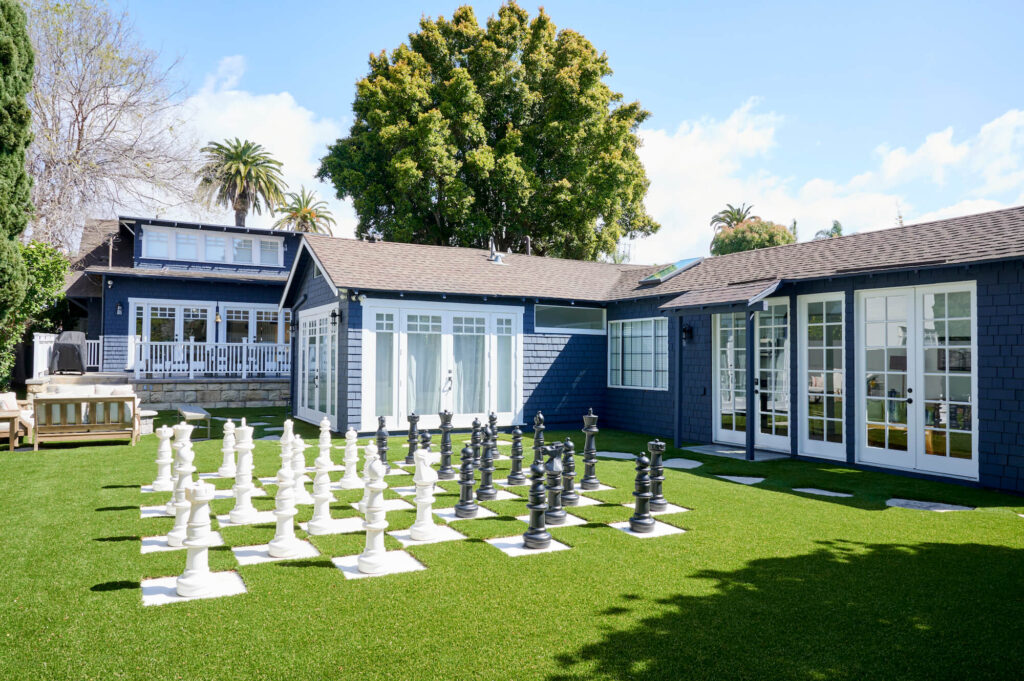
Get Compassionate, Insurance-Covered Addiction Treatment at Gratitude Lodge
We help treat all types of substance abuse at Gratitude Lodge in Southern California. Our welcoming luxury rehabs in Long Beach and Newport Beach offer targeted treatments for alcohol dependence and addiction.
Supervised detox at Gratitude Lodge makes the withdrawal process safe and easy. You’ll have access to medications and 24/7 care during detox. You can then move into ongoing treatment at one of our rehabs by the beach.
All alcohol addictions and dependencies are different, so all our treatment programs offer personalized therapies, such as:
- Talk therapy
- Medication-assisted treatment
- Counseling
- Group therapy
- Family therapy
- Holistic therapy
- Aftercare
Call our recovery experts today at 800-994-2184






